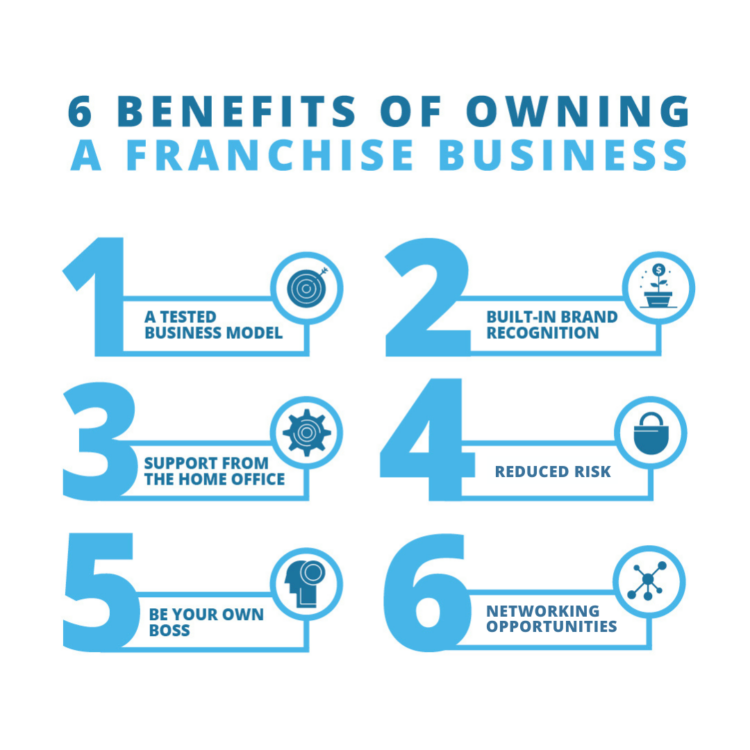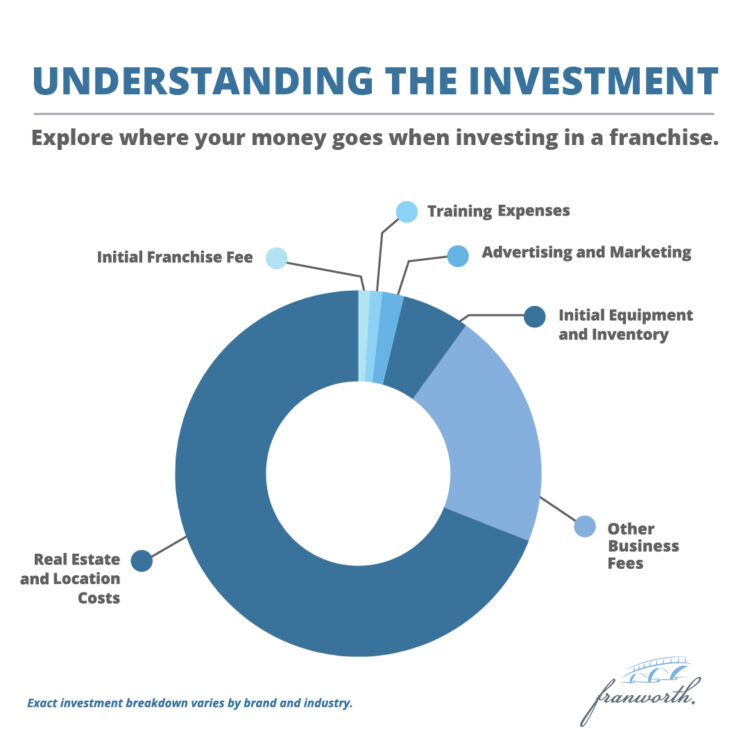For any business considering expansion through franchising, understanding the distinct yet interdependent roles of franchisors and franchisees is crucial. This guide will explore these roles, their responsibilities, and how they contribute to a successful franchise system.
Defining Franchisors and Franchisees
The franchisor and franchisee are the core players in any franchise system. As the systems scale, the franchisor strategically develops and maintains the brand, while the franchisee concurrently nurtures and operates the individual units.
The Franchisor: Brand Architect
Defining the Franchisor
The franchisor is the visionary behind the brand, often the original business owner who created a replicable business model. This model encompasses everything from products and services to operational processes and marketing strategies. Examples of notable franchisors include MilkShake Factory, sugaringLA, and Garage Kings.
The Franchisor’s Role
The franchisor’s primary responsibilities include:
- Packaging the Business Model: Creating precise operational manuals, training protocols, and support systems.
- Maintaining Brand Integrity: Ensuring each franchise unit adheres to brand standards.
- Selecting Franchisees: Choosing qualified franchisees to represent the brand and execute in their local market.
- Real Estate and Site Selection: Overseeing real estate build-out and establishing site selection criteria.
- Implementing Marketing Practices: Developing playbooks for store openings, and implementing marketing practices for both new and existing clients.
Revenue Generation for Franchisors
Franchisors generate revenue through:
- Initial Franchise Fee: Paid by each new franchisee.
- Ongoing Royalties: Typically a percentage of the franchisee’s gross sales.
These financial investments enable the franchisor to provide critical assistance to franchisees such as ongoing support, marketing efforts, and the continuous enhancement and overhead of the brand.
Franchisors often invest money ahead of being profitable, which is typically directed toward building out a dedicated team to support the growth of the system. This team may include professionals in marketing, finance, supply chain, operations, training, communication, and more. By making these investments, franchisors aim to provide robust support to franchisees and ensure the overall success and sustainability of the franchise system.
The Franchisee: Local Owner and Operator
Defining the Franchisee
A franchisee invests in the franchisor’s business model, operating under the established brand. For instance, Dan Reese owns and manages MilkShake Factory – Ann Arbor, as part of a larger network of franchisees.
The Franchisee’s Role
Franchisees are local ambassadors of the brand and bring the franchisor’s concept to life within their designated territory. This involves:
- Executing Operational Processes: Following the franchisor’s operational guidelines, and delivering high-quality products and services.
- Upholding Brand Reputation: Ensuring their local unit consistently upholds the brand reputation.
- Hiring and Managing Local Team: Hiring a local team that delivers customer satisfaction and brand consistency. These team members become the face of the brand in their territory and service the client.
Benefits for Franchisees
Franchisees enjoy an array of benefits within this collaborative business model, including:
- Established Brand: Franchisees step into an established brand with refined operating systems, significantly reducing the risks associated with starting a business from scratch.
- Training and Ongoing Support: Franchisees receive thorough training, ongoing support, and access to a tested playbook for success in their local market.
Conclusion
In essence, franchising cultivates a symbiotic relationship where the franchisor provides the blueprint for success, and the franchisee brings it to life in their local market. This dynamic can pave the way for rapid business expansion, creating a mutually beneficial scenario.
The franchisor-franchisee relationship is the cornerstone of any successful franchise system. Each role is meticulously designed to complement the other, culminating in a powerful engine for brand growth and market penetration. If you’re considering franchising a business, understanding these roles will be paramount to your success.
Discover the Power of Joining the Franworth Family of Franchise Brands
At Franworth, we build, incubate, and grow franchise brands through mentorship, education, and best-in-class support empowering entrepreneurs and creating brighter futures. With over 450 years of combined franchise experience, the Franworth team has been recognized with the highest honors in franchising and for repeatedly scaling brands using a franchise mode. If franchising sounds like something you’re interested in exploring, check out our current portfolio of brands by clicking the button below, or contact us directly to start a conversation.



